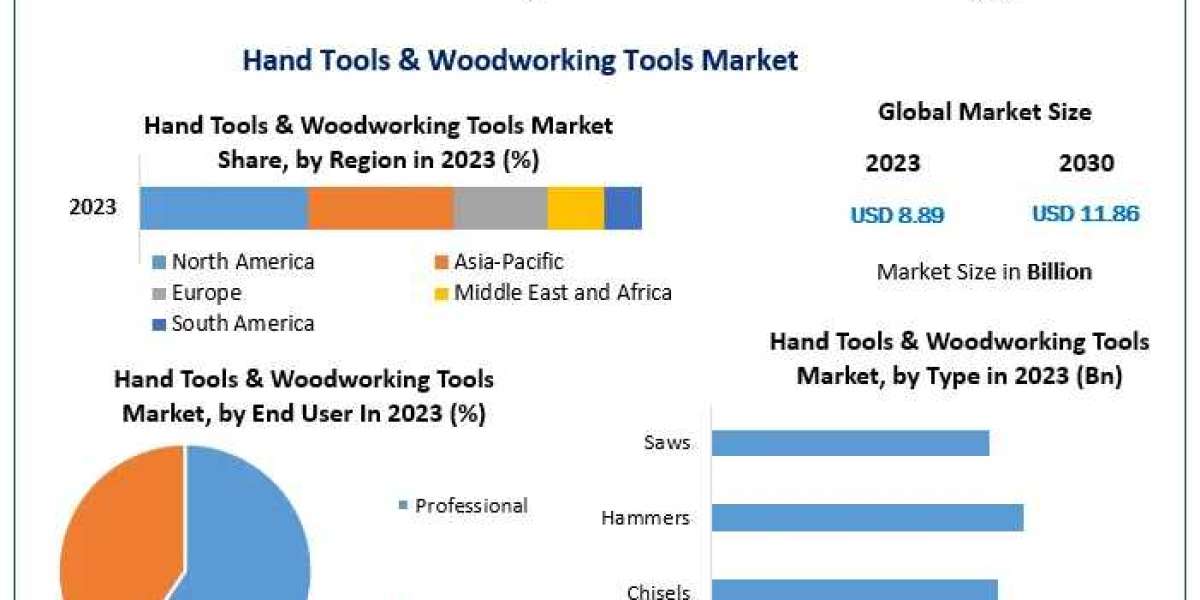In 2022, the global artificial pancreas devices market was valued at USD 233.84 Million. It is projected to reach USD 1,093.9 Million by 2032, exhibiting a compound annual growth rate (CAGR) of 18.7% throughout the forecast period. The market's revenue growth is primarily fueled by the increasing prevalence of diabetes, a greater need for advanced diabetes treatment approaches, and advancements in artificial pancreas device technology.
The prevalence of diabetes is rapidly escalating, and the World Health Organization (WHO) estimates that by 2040, the global number of cases will rise to 642 million, compared to 422 million in 2014. Consequently, there will be a significant demand for innovative solutions to manage diabetes, such as artificial pancreas devices, in the forthcoming years.
Get a sample of the report @ https://www.reportsanddata.com/download-free-sample/3519
Major Companies in the Artificial Pancreas Device Market:
Some of the major companies operating in the global artificial pancreas device market are:
- Medtronic plc
- Tandem Diabetes Care, Inc.
- Insulet Corporation
- Beta Bionics, Inc.
- Bigfoot Biomedical, Inc.
- Admetsys Corporation
- Diabeloop SA
- TypeZero Technologies LLC
- Cellnovo Group SA
- DreaMed Diabetes Ltd
To know more about the report @ https://www.reportsanddata.com/report-detail/artificial-pancreas-device-system-apds-market
The Artificial Pancreas Device Market is driven by several factors that contribute to its growth and adoption. However, there are also certain restraints that can impact the market's expansion. Let's explore both the driving factors and restraints of the Artificial Pancreas Device Market:
Driving Factors:
- Rising Prevalence of Diabetes: The increasing prevalence of diabetes, particularly type 1 diabetes, is a significant driving factor for the Artificial Pancreas Device Market. The demand for effective diabetes management solutions has surged, leading to the development and adoption of artificial pancreas devices.
- Technological Advancements: Continuous advancements in technology have significantly improved the performance and functionality of artificial pancreas devices. These devices now offer more accurate blood glucose monitoring, insulin delivery, and control algorithms, which enhance diabetes management and improve patient outcomes.
- Improved Patient Quality of Life: Artificial pancreas devices provide greater convenience and improved quality of life for individuals with diabetes. By automating insulin delivery based on real-time glucose monitoring, these devices reduce the burden of self-management, minimize the risk of hypoglycemia and hyperglycemia, and provide better glycemic control.
- Government Initiatives and Support: Government initiatives and favorable reimbursement policies play a crucial role in driving the Artificial Pancreas Device Market. Governments and regulatory bodies worldwide are taking steps to promote the adoption of innovative diabetes management solutions, including artificial pancreas devices.
- Increasing Research and Development: There has been a significant focus on research and development activities in the field of artificial pancreas devices. This ongoing investment and collaboration between academic institutions, healthcare organizations, and medical device manufacturers are driving the development of more advanced and efficient devices.
Restraints:
- High Cost: Artificial pancreas devices can be costly, which may limit their adoption, especially in developing regions and for individuals with limited financial resources. The cost includes device acquisition, maintenance, and ongoing supplies such as sensors and insulin cartridges.
- Regulatory Challenges: The regulatory approval process for medical devices, including artificial pancreas devices, can be lengthy and complex. Stringent regulations and the need for extensive clinical trials may slow down the market's growth and hinder the introduction of new devices.
- Technical Challenges: The development of artificial pancreas devices involves addressing technical challenges related to sensor accuracy, insulin infusion, device size, connectivity, and power management. Overcoming these challenges requires extensive research and development efforts.
- Limited Awareness and Acceptance: Despite the potential benefits of artificial pancreas devices, there may be limited awareness and acceptance among healthcare professionals and individuals with diabetes. This can hinder market growth, as it may take time for these devices to gain widespread recognition and trust.
Request a customization of the report @ https://www.reportsanddata.com/request-customization-form/3519
About Us:
Reports and Data is a market research and consulting company that provides syndicated research reports, customized research reports, and consulting services. Our solutions purely focus on your purpose to locate, target and analyze consumer behavior shifts across demographics, across industries and help client’s make a smarter business decision. We offer market intelligence studies ensuring relevant and fact-based research across a multiple industries including Healthcare, Technology, Chemicals, Power and Energy. We consistently update our research offerings to ensure our clients are aware about the latest trends existent in the market.
Contact Us:
John W
Head of Business Development
Direct Line: +1-212-710-1370
E-mail: sales@reportsanddata.com
Reports and Data | Web: www.reportsanddata.com
Check our upcoming research reports @ https://www.reportsanddata.com/upcoming-reports
Visit our blog for more industry updates @ https://www.reportsanddata.com/blogs
Browse More Reports:



